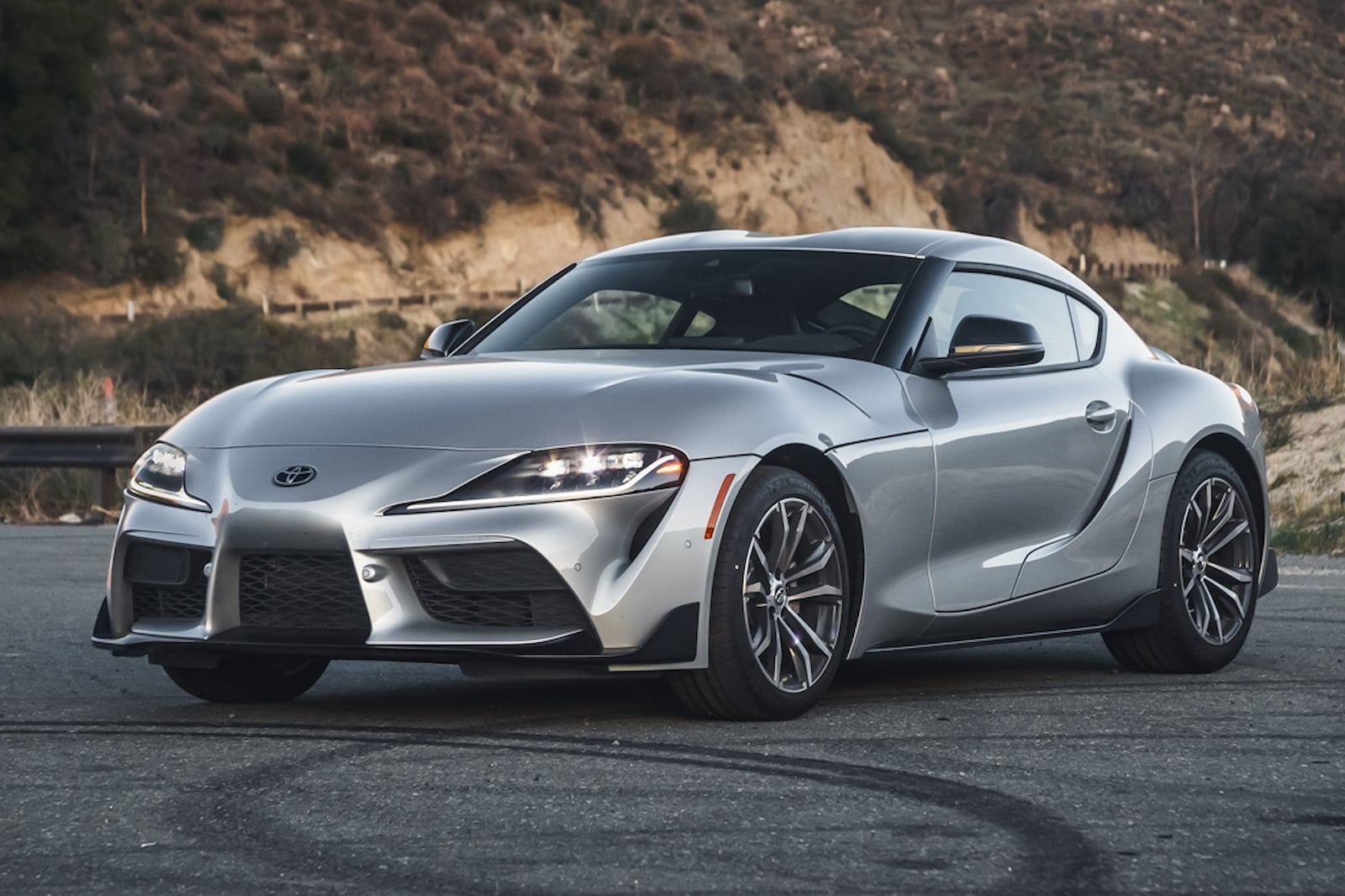Toyota is defending its title as the world’s top-selling automaker for the third straight year. In 2022, the automaker sold 10.5 million vehicles all over the world. While the record remains the same, the global sales for the group inched down by 0.1%, including truck unit Hino Motors and small-car maker Daihatsu. Its 8.6 million vehicles of overseas sales helped offset the automaker’s home market sales dip by 9.6%.

Second-ranked rival Volkswagen Group earlier this month reported its lowest sales in over a decade, of 8.3 million vehicles, as COVID-19 lockdowns in China and the war in Ukraine upended supply chains. While some chip-related supply constraints remained for Toyota as well, the Japanese automaker said strong demand in Asia and an increase in the production capacity and optimization in Asia and North America helped it boost global production by 5% in 2022. Toyota in November revised its production forecast for the current financial year through the end of March, to 9.2 million vehicles from 9.7 million.
Getting back to Toyota, although global sales were slightly down, worldwide production actually increased by 5.3 percent to 10,610,604 units. The core brand assembled 5.2 percent more vehicles than the year before, reaching 9,026,713 units. Domestic production decreased by 7.7% to 2,656,009 cars while the number of vehicles assembled outside of Japan jumped by 11.7 percent to 6,370,704 cars.
Global sales
Although Toyota is holding on to the global sales crown, it was dethroned in the United States by General Motors. In 2022, GM moved 2,274,088 vehicles while Toyota Motor North America (TMNA), which includes Lexus, delivered 2,108,458 during the calendar year. Parts shortages are still giving Toyota serious headaches, forcing the company to halt operations at its factory in the Czech Republic in February. The plant in Kolin where workers put together the Aygo X and Yaris will be on a hiatus from January 31 until the end of next month.
Global production plans are being adjusted on a monthly basis because of supply constraints. If everything goes according to plan, Toyota intends to build 10.6 million vehicles in 2023, so just about the same as last year. “Despite the impact of production constraints caused by the spread of Covid-19, increased demand for semiconductors, and other factors, global sales were at the same level year-on-year as a result of solid demand centered around Asia,” the Japanese carmaker said. A year ago, Toyota hiked its targets for the sector and announced it would roll out 30 battery-powered electric models by the end of the decade. Mio Kato, an analyst at Lightstream Research who publishes on Smartkarma, told AFP that Toyota was likely to keep its top-selling crown.











